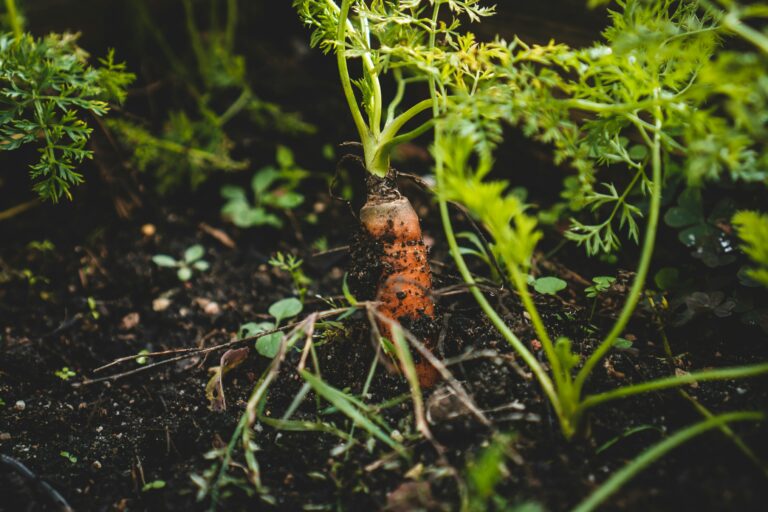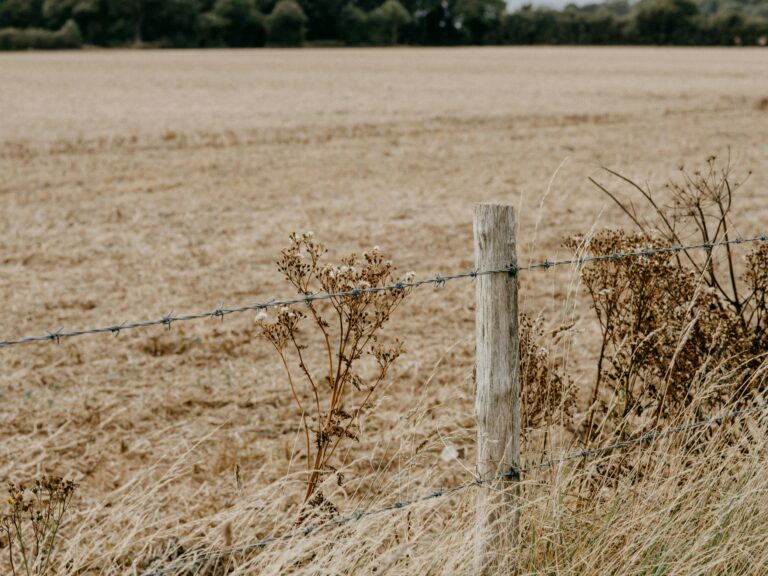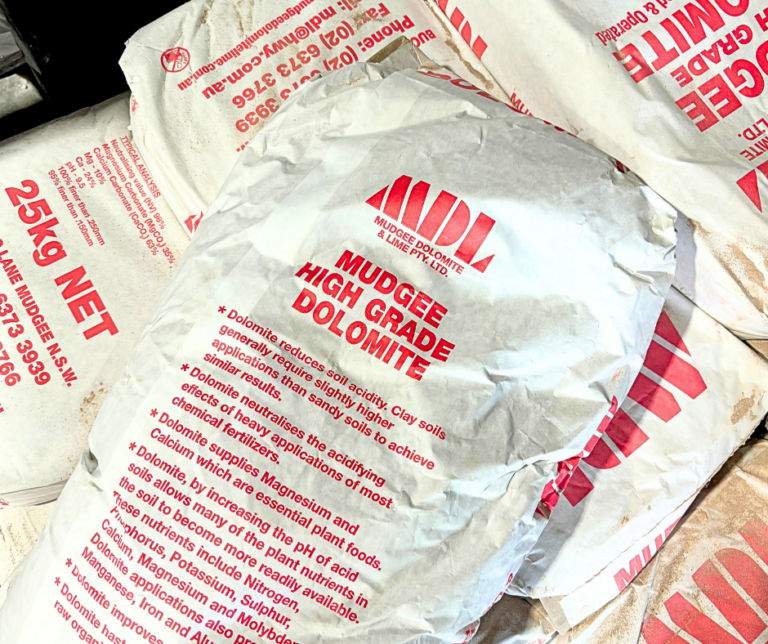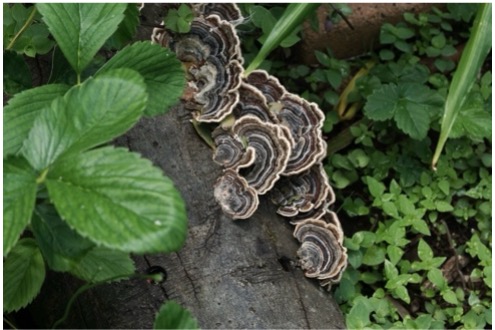As summer draws to a close, it’s time to start preparing our gardens for autumn planting. March/April is an important time of the gardening calendar on the Northern Rivers. It’s one of those months in which you make it or break if for Spring! So let’s plan and plant now:
- Cool-season vegetables: While the weather is still warm, March and April marks the beginning of the transition to cooler temperatures. It’s an excellent time to start planting cool-season vegetables such as broccoli, cabbage, cauliflower, kale, lettuce, spinach, and peas. These crops thrive in the milder conditions of autumn.
- Root vegetables: Root vegetables like carrots, radishes, turnips, and beets can be planted in March. These crops prefer well-drained soil and moderate temperatures, making them suitable for planting as the weather begins to cool down.
- Herbs: Many herbs grow well in Northern NSW during March/April. Consider planting herbs such as parsley, cilantro (coriander), chives, dill, and mint. These herbs can be grown in garden beds, containers, or even indoors if you’re limited on space. If you can, herbs could be incorporated into your landscape. Oregano, thyme and marjoram make great rockery and border plants. Rosemary is great as a bush or ground cover and plant peppermint in wet areas and near where you cook.
- Green beans: Green beans are a warm-season crop that can still be planted in Autumn in Northern NSW. They prefer full sun and well-drained soil. Plant bush or pole bean varieties for a continuous harvest throughout the season.
- Tomatoes: While the peak of the tomato season may be coming to an end, you can still plant certain tomato varieties in March/April in Northern NSW. Look for early-maturing or determinate varieties that can ripen before the colder weather sets in.
- Capsicums and chili peppers: Capsicums and chili peppers are warm-season crops that can continue to grow in March. Plant them in a sunny location with fertile soil for best results.
- Fruit trees: March can be a good time to plant or transplant fruit trees in Northern NSW. Consider planting citrus trees, such as oranges, lemons, and mandarins, as well as stone fruit trees like peaches, plums, and nectarines. Make a hole twice as big as the root ball and backfill with compost or a blended garden soil. Mulch or use coir tree rings to maintain soil moisture. Use Seaweed Solutions for transplanting and organic fertiliser when the plant is established.
- Flowers: Many flowers thrive in the mild weather of autumn. Consider planting annuals like pansies, petunias, and snapdragons, as well as perennials like salvias, asters, and coreopsis.
Before planting, be sure to consider preparing your soil with compost or organic matter to provide nutrients and improve soil structure. For more advice on different composts and planting ideas, come in and speak to our experienced team at the Mullum Co-Op. We’ll see you at the Co-Op!




